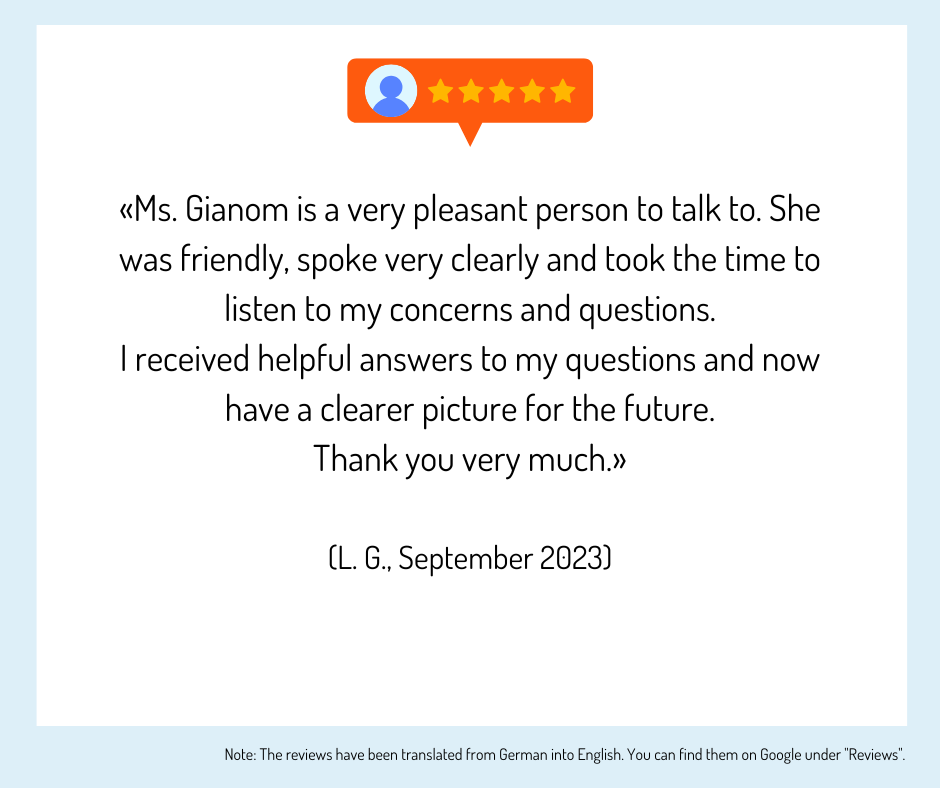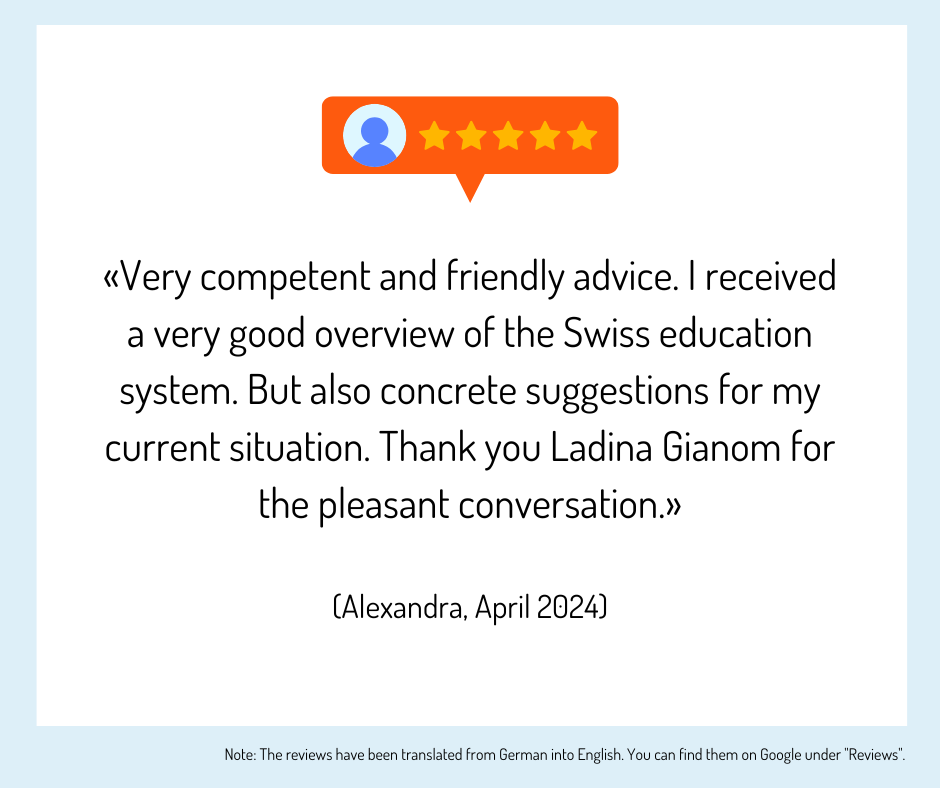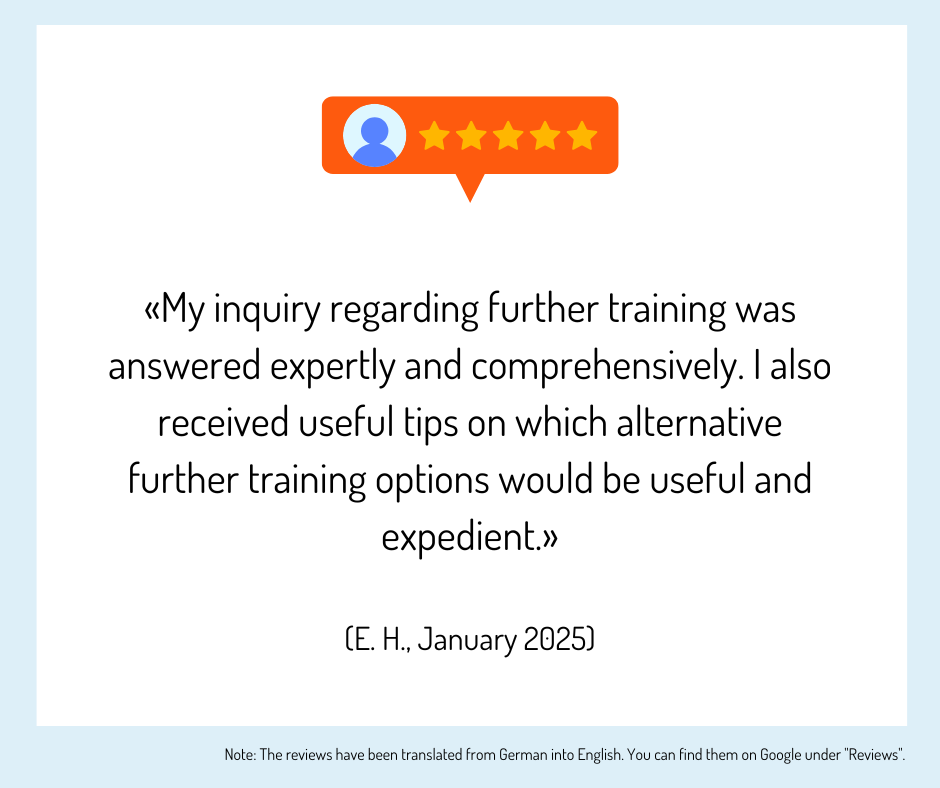Docker: Course, overview of schools and offers
Docker course: Isolating applications with the help of container virtualization
Questions and answers
What is Docker Hub?
Docker Hub offers databases, free apps and other helpful services for developers. Users can create their own image archives and share them with workgroups. Registration with Docker Hub is free of charge, only an e-mail address is required. With the Docker ID, beginners can find professional support from the development team in the Docker Support Center as well as access to the user community, e.g. via the Docker Success Portal. A forum is available via GitHub. The Docker Hub offers a cloud-based platform on which self-created images can be centrally managed and conveniently shared with workgroups.
Docker Tutorial: How does Docker Build work?
According to the Docker tutorial, the "Docker Build" command reads the Dockerfile from a folder and creates the image called windev. If the command "Docker Images" is now entered, the new image with the name windev appears. A container can now be started from this new image using the "Docker Run" command.
Which are the best Docker containers?
Docker is becoming increasingly popular. Applications are executed in a Docker container in order to "dock" them in any environment. This primarily involves the distribution of applications and services as part of deployment. This makes it easy to test a colleague's new application on your own machine, for example. With Docker, all dependencies of an application can be mapped in a Docker image. A Docker image is provided to give the application with all its dependencies to a colleague. The Docker container can be easily executed on the local computer. Instead of the hypervisor, a Docker container requires the so-called Docker Engine. This ensures access to the kernel of the host operating system. This means that even large applications can be started or stopped quickly, as the entire operating system does not have to be booted at startup. However, this requires the Docker Engine to be installed on the computer.
Container technology was originally developed to be able to run multiple virtual operating systems in isolated environments on the same kernel - in the sense of multiple processes running as full system containers. The Docker container platform, on the other hand, focuses on so-called application containers, in which each application runs as a single process in its own virtual environment. Complex applications are implemented with Docker as multi-container apps. If the Docker engine is the heart of the container platform, then Docker Hub is the soul of the open source project. The community meets in Docker Hub and users can find everything they need for the Docker installation in the cloud-based registry. Other offerings include Docker Cloud and Docker Store.
What do you learn in a Docker course?
In a Docker course, participants learn various virtualization techniques, the Docker installation and learn more about Docker containers, Docker management, Docker toolbox and Docker security. This empowers Docker course visitors:
- Understand Docker concepts
- Install Docker
- Be able to deploy containers
Dockerfile: Docker, what is it?
The IT software Docker is a containerization technology that enables the creation and operation of Linux containers. With Docker, containers can be treated as extremely lightweight, modular virtual machines. The containers give you flexibility to create, deploy, copy and move between environments. Docker technology uses the Linux kernel and its Cgroups and namespagces functions. Processes can thus be isolated and executed independently of each other. The independence gained through containers makes it possible to operate processes and apps separately from each other. This allows the infrastructure to be better utilized while maintaining security when working with separate systems. The container tool works with an image-based deployment model. This allows an application or a package of services with all their dependencies to be shared across multiple environments. Docker also automates the deployment of the application within this container environment. Users can therefore be granted unprecedented access to applications. And Docker automates the deployment of the application or combinations of processes that make up an application within the container environment. To start a Docker image as a container in the form of a Dockerfile, the "Docker Run" command is required.
Which Linux is best for Docker?
Linux is offered in the form of distributions from various manufacturers such as Suse, Red Hat or Canonical. Some of these can be found in the Microsoft Store. Ubuntu is considered to be beginner-friendly and modern, especially for people who are not familiar with Linux. Debian is stable. Kali specializes in hacking and therefore defending against it. Suse is a distro from Germany that is mainly used in Europe. Docker works with all these distributions. The selected distribution can be activated after the Docker download and installation via "Docker Install" in the start menu. A username and password must be defined at the first start. The wsl command is helpful to keep track of distributions and versions if several Linux versions are operated side by side.
The required Linux kernel is Linux version 3.10 or higher. Supported Linux distributions are:
- Docker Community Edition (CE): Ubuntu, Debian, CentOS and Fedora
- Docker Enterprise Edition (EE): Ubuntu, Red Hat Enterprise Linux, CentOS, Oracle Linux and SUSE Linux Enterprise Server
What does Docker Compose mean?
Docker Compose is a tool that allows the application environment to run with multiple containers based on definitions specified in a YAML file. By using service definitions to build fully customizable environments with multiple containers that can share networks and data volumes. Thus, the system can be managed with Docker Compose. The existing services of the system are listed on the first level. Each service in turn contains various properties that enable Docker to find and build images. Environment variables, export ports and the correct links between the services are also defined here. By specifying the links, Docker can determine the correct start sequence and recognize circular dependencies.
Which Docker desktop for Docker Windows?
Docker Desktop is a native desktop application. It was developed by Docker for Windows and MAC users and is the easiest way to run, create, debug or test Dockerized apps. This is because Docker Desktop offers features such as fast processing test cycles, notification of file changes, integrated support for corporate networks and flexibility with self-selected proxies and VPNs. The Docker Desktop includes: Developer Tools, Docker App, Kubernetes and version synchronization. Two options are available for Docker Windows:
- Docker Toolbox
- Use Docker Desktop as a stable variant as a stable edition or edge with experimental functions of the Docker Engine
Erfahrungen, Bewertungen und Meinungen zur Ausbildung / Weiterbildung
Haven't found the right training or further education yet? Benefit from educational advice now!
Further training is not only important in order to maintain or increase professional attractiveness, investing in training or further training is still the most efficient way to increase the chances of a pay rise.
The Swiss education system offers a wide range of individual training and further education opportunities - depending on your personal level of education, professional experience and educational goals.
Choosing the right educational offer is not easy for many prospective students.
Which training and further education is the right one for my path?
Our education advisory team will guide you through the "education jungle", providing specific input and relevant background information to help you choose the right offer.
Your advantages:
You will receive
- Suggestions for suitable courses, seminars or training programs based on the information you provide in the questionnaire
- An overview of the different levels and types of education
- Information about the Swiss education system
We offer our educational counseling in the following languages on request: French, Italian, English
Register now and concretize your training plans.











